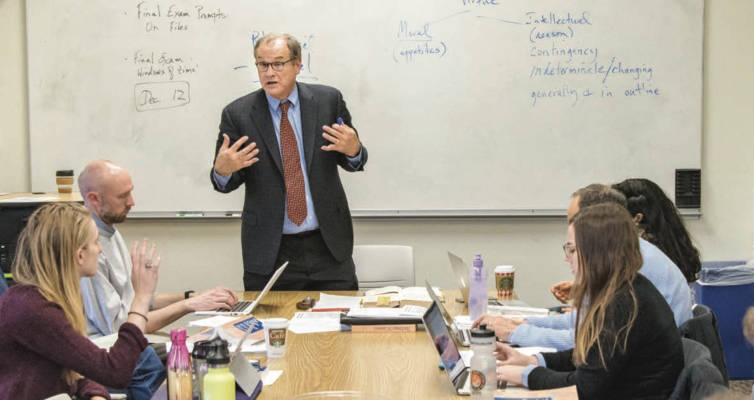What Are We Talking About When We Talk About Religion?

When we talk about religion, we talk about ways in which human beings negotiate gaps and fissures in their lives—often in response to fallibility, suffering, and peril—along with their efforts to secure a place in the world and their reasons for acting as individuals, in communities, and in the institutions that give structure to daily existence. We understand such reasons to include not only cognitive activity but also affective and somatic registers of personal and collective identity. And we understand such reasons to be connected in various ways to languages about god and the gods, supra-mundane states of affairs, and/or sacred authorities that are presumed to have special entitlements in relation to human beings’ beliefs and actions. Because such languages are nested in practices and beliefs that are passed along intergenerationally, talking about religion also means talking about human history, power, and tradition. Moreover, because such practices and beliefs are shaped in dialogue with many other cultural traditions and social institutions, talking about religion is inescapably a comparative enterprise. As scholars of such matters, we talk interpretively, critically, and normatively about all of these topics (and more), drawing on tools from the humanities and social sciences to expand the moral imagination. We thereby seek to make sense of how others find meaning and make sense of their lives, and how we can make sense of such matters to ourselves, our students, and to the public at large. -- Richard B. Miller, PhD ‘85, Laura Spelman Rockefeller Professor of Religion, Politics, and Ethics

